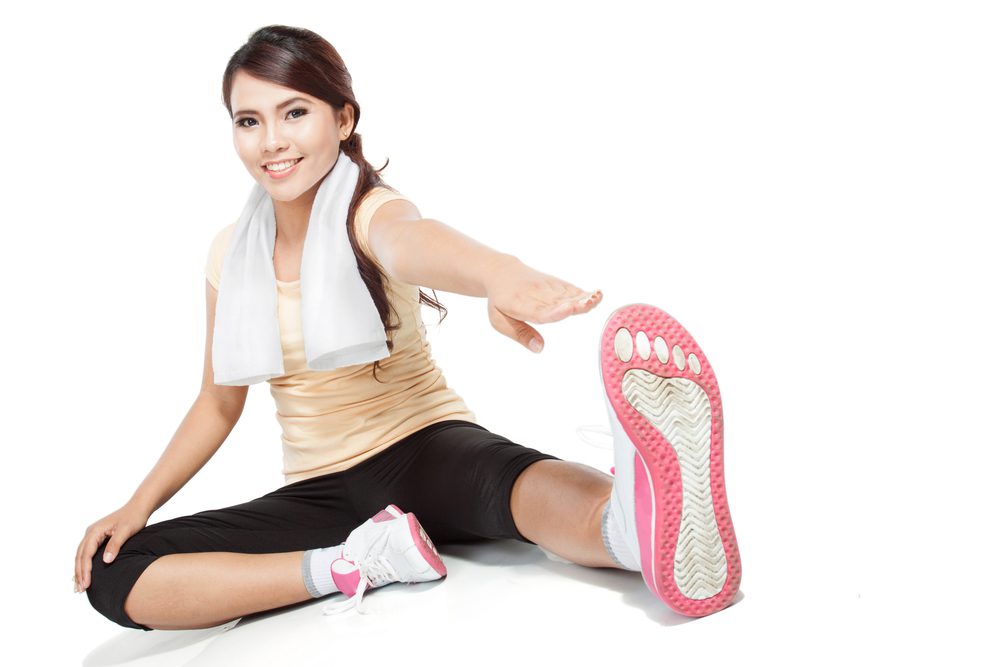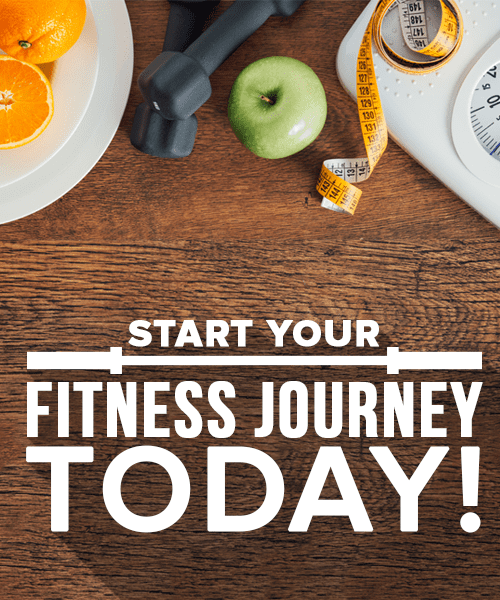7 Tips on How to Relieve Soreness After Working Out

Sensations you feel throughout your muscles during the first 12-48 hours post workout is often referred to as DOMS (Delayed Onset Muscle Soreness). During workouts, to increase your muscle size you must stretch and expand the muscle tissues, actually creating microscopic tears. This is where muscle soreness comes from. Your body lets you know when it is repairing itself through muscle soreness and when it is time for you to stress those particular muscles again.
Don’t let the normal muscle soreness from working out stop you from achieving your goals. Here are 7 tips on how to relieve soreness after working out.
Stretch – Stretching is a key component to every workout. By stretching, oxygen is allowed to flow into the muscles which decreases recovery time. When you stretch, you allow oxygen to flow into your muscles which helps to speed up their recovery. Be sure to do a warm up and cool down before and after each workout. I know it is extremely tempting to just “shut down” after you complete your workout. But in fact, you may be missing out on the most important step to increase muscle size.
When your muscles are warm and flexible and you are better able to stretch, which helps with muscle gain and aids in relieving soreness. Light stretching before your muscles become tight and stiff can increase your flexibility and reduce the amount of soreness you will feel the next day.
Drink Water – Dehydration can be a main source of soreness. Research recommends drinking half of your body weight in ounces each day before accounting for exercise. According to Health Discovery.net, you should drink 1-2 cups of water before exercise, ½-1 cup immediately before exercising, ½-1 cup every 15-20 minutes during exercise and then after exercise, replace any fluid you have lost. Drinking water can help keep your body hydrated.

Protein – Protein is essential to building lean muscle and helping that muscle repair itself and grow. The sooner muscles recover, the less soreness you will have. Be sure to get some protein within 30 minutes of working out. Food and drinks to avoid after a workout include coffee, white bread, popcorn, and candy. Instead choose lean meats, fish, nuts, chicken, or quinoa. Shakeology is another great source of protein and is a perfect post workout snack because it contains the necessary nutrients to help your body recover from an intense workout.
Warm Epsom Salt Bath – A warm bath with two cups of Epsom salt after a workout is a great way to help relieve tight muscles. Taking a bath before bed will help you sleep better, allowing you to improve your quality of sleep and help you to wake up feeling refreshed.

Massage – Rubbing or massaging the sore area promotes blood circulation and can help to reduce muscle tightness. Grab a foam roller, fitness ball, or even a baseball and roll it over the sore area. Better yet, schedule a massage appointment with a professional to help relax your muscles, relieve any stress you may have and also because it just feels good!
Alternate between Ice and Heat – Studies have shown that alternating between cold with hot effectively helps muscle recovery. Apply an ice pack to the sore area for 15 minutes, followed by a heat pack for another 15 minutes, and back again.
Sleep – Sleep plays an essential role in the repairing of muscles. While we sleep, our muscles are relaxed allowing for the tissue to be repaired. If you have trouble falling asleep try turning off electronics an hour before you plan on heading to bed. Deep, slow breaths can also help you fall asleep quicker.

While most people feel like taking a day off following an intense workout, in many cases doing a low intensity/ low impact workout the next day can help reduce muscle tightness and soreness. By creating blood flow and pushing oxygen to the muscle groups through light exercise, the healing process is sped up versus sitting around and being sore and stiff. One easy guideline to follow is, “Always listen to what your body is telling you”. Follow these 7 tips when your body needs helps healing, but remember that muscle soreness is a natural and beneficial part of the workout routine and is key to developing gains in muscle size and strength.










